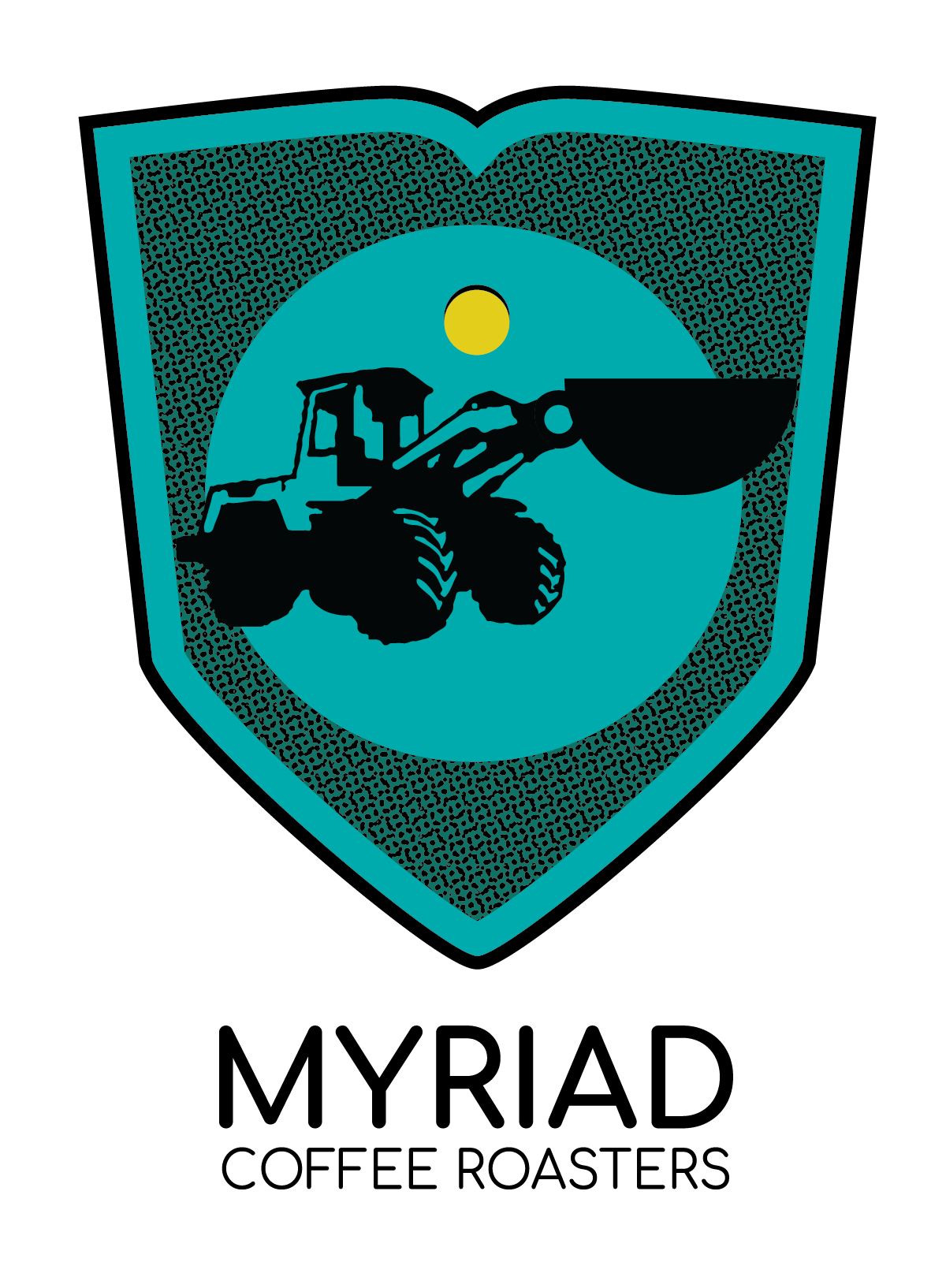 Image 1 of 1
Image 1 of 1


Yirgacheffe, Ethiopia
Ethiopian coffee, the birth place of coffee. Every coffee bar needs a desert on the menu. This is ours.
The municipality of Gedeb itself is a bustling outpost that links commerce between the Guji and Gedeo Zones, with an expansive network of processing stations who buy cherry from across zone borders. These processors (and we would agree) would argue their coffee profiles are not exactly Yirgacheffe, but something of their own. Coffees from this community, much closer to Guji Zone than the rest of Yirgacheffe, are often the most explosive cup profiles we see from anywhere in Ethiopia. Naturals tend to have perfume-like volatiles, and fully washed lots are often sparklingly clean and fruit candy-like in structure.
The communities surrounding Gedeb reach some of the highest growing elevations for coffee in the world and are a truly enchanting part of the long drive into Guji. Banko Chelchele is one of the communities east of Gedeb, part of a greater area known as “Worka”. This dense corner of Gedeb includes farmers that are cooperative-affiliated, as well independent washing stations of various types, many of which are simply named “Chelchele” or, in this case, “Worka Chelchele” after the local municipality itself.
396 local farmers contribute cherry to Worka Chelchele. The washing station was just built in 2021, on 2.5 hectares of land with 12 fermentation tanks and over 250 raised beds for drying. Washed coffees at Worka Chelchele are depulped and fermented for 48 hours, washed clean with fresh water, soaked again in fresh water, and dried on raised beds for an average of 18 days. Dried parchment is conditioned on site in a dedicated warehouse prior to being transported to Addis Ababa, Ethiopia’s capital, for final milling and export.
Worka Chelchele, as well as the entire export chain for this coffee, is owned by Tadesse Desta Import & Export, a small but modernized coffee logistics company. They use electronic color sorters at their small dry mill in Addis, and are currently in the middle of their organic and RFA certification processes, which they expect to have in place next year. Worka Chelchele is their main processing source for the best coffees they export, and they plan to diversify processing styles in the years to come to include honey processed coffees, as well as anaerobic fermentations.
Notes: Raspberry, key lime pie, watermelon rind, lavender on the nose
Varieties: Indigenous landraces and locally selected cultivars
Harvest: November - January
Soil: Vertisol
Process: Fully washed and dried on raised beds
Elevation: 1900 – 2100 masl
Ethiopian coffee, the birth place of coffee. Every coffee bar needs a desert on the menu. This is ours.
The municipality of Gedeb itself is a bustling outpost that links commerce between the Guji and Gedeo Zones, with an expansive network of processing stations who buy cherry from across zone borders. These processors (and we would agree) would argue their coffee profiles are not exactly Yirgacheffe, but something of their own. Coffees from this community, much closer to Guji Zone than the rest of Yirgacheffe, are often the most explosive cup profiles we see from anywhere in Ethiopia. Naturals tend to have perfume-like volatiles, and fully washed lots are often sparklingly clean and fruit candy-like in structure.
The communities surrounding Gedeb reach some of the highest growing elevations for coffee in the world and are a truly enchanting part of the long drive into Guji. Banko Chelchele is one of the communities east of Gedeb, part of a greater area known as “Worka”. This dense corner of Gedeb includes farmers that are cooperative-affiliated, as well independent washing stations of various types, many of which are simply named “Chelchele” or, in this case, “Worka Chelchele” after the local municipality itself.
396 local farmers contribute cherry to Worka Chelchele. The washing station was just built in 2021, on 2.5 hectares of land with 12 fermentation tanks and over 250 raised beds for drying. Washed coffees at Worka Chelchele are depulped and fermented for 48 hours, washed clean with fresh water, soaked again in fresh water, and dried on raised beds for an average of 18 days. Dried parchment is conditioned on site in a dedicated warehouse prior to being transported to Addis Ababa, Ethiopia’s capital, for final milling and export.
Worka Chelchele, as well as the entire export chain for this coffee, is owned by Tadesse Desta Import & Export, a small but modernized coffee logistics company. They use electronic color sorters at their small dry mill in Addis, and are currently in the middle of their organic and RFA certification processes, which they expect to have in place next year. Worka Chelchele is their main processing source for the best coffees they export, and they plan to diversify processing styles in the years to come to include honey processed coffees, as well as anaerobic fermentations.
Notes: Raspberry, key lime pie, watermelon rind, lavender on the nose
Varieties: Indigenous landraces and locally selected cultivars
Harvest: November - January
Soil: Vertisol
Process: Fully washed and dried on raised beds
Elevation: 1900 – 2100 masl
